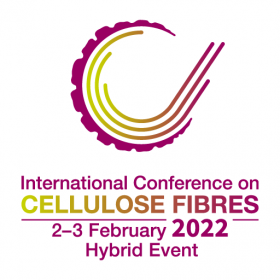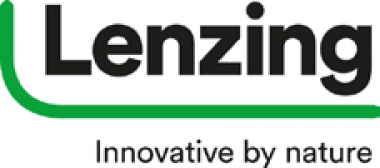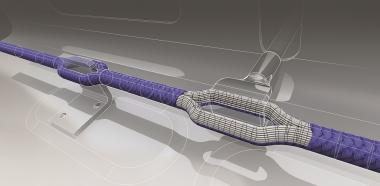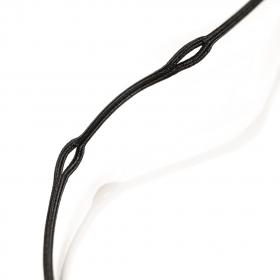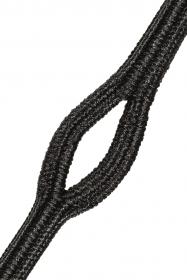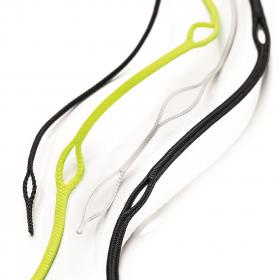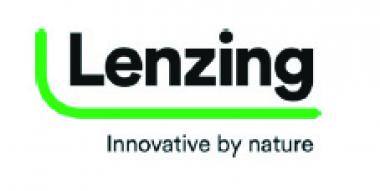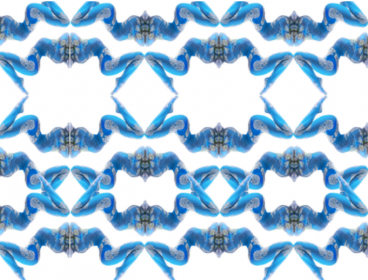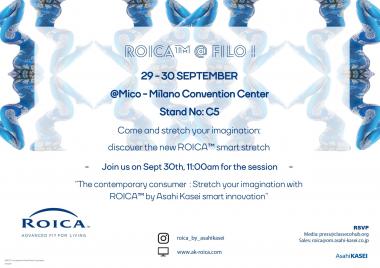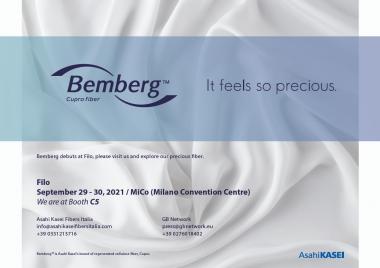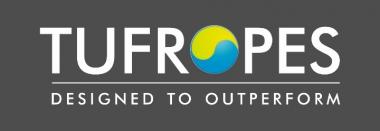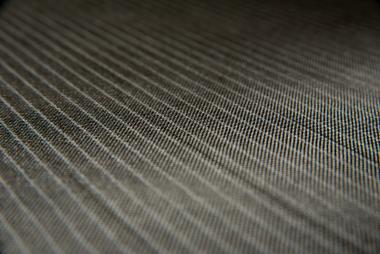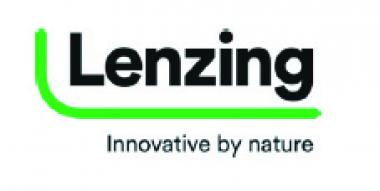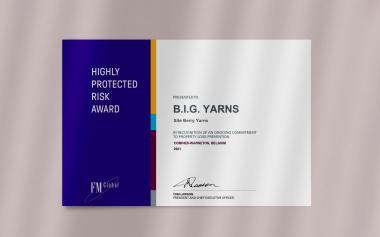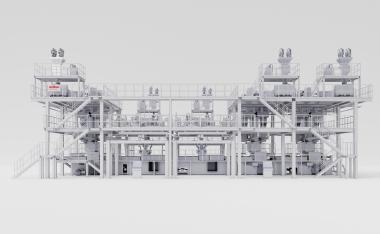Innovation award “Cellulose Fibre Innovation of the Year 2022”
- International Conference on Cellulose Fibres 2022, 2-3 February in Cologne, Germany and online
- Call for Innovations
- Six nominees will get the chance to present their unique products
The footsteps are big: in 2021, Stora Enso from Sweden won the innovation award, granted on the first day of the “International Conference on Cellulose Fibres”. Their new cellulose foam for packaging fully convinced the audience. Second place was taken by Kelheim Fibres (Germany) with their high-quality hygiene products made of cellulose ahead of third place occupant Metsä Spring from Finland that presented a new cellulose fibre production process.
nova-Institute has opened the Call for Innovations for the “Cellulose Fibre Innovation of the Year 2022” award until 15 November 2021. All producers, inventors and pioneers along the entire value chain from feedstock to final product are invited to enter the competition. Developments of new technologies and applications are welcome. An independent expert jury will select a total of six new materials and products from all entries for the award. The innovators get a free 2-day ticket for the conference and the unique opportunity to present and market their product or technology to a huge professional audience. After short presentations of the six candidates at the conference, the three winners will be elected by the participants of the conference and honored with the innovation award at a festive gala dinner.
Following the conference, nova-Institute issues an international press release to announce the winners.
Call for Innovations
More information about the innovation award and the application can be found at www.cellulose-fibres.eu/award-application
Deadline for submission: 15 November 2021
nova-Institut GmbH


